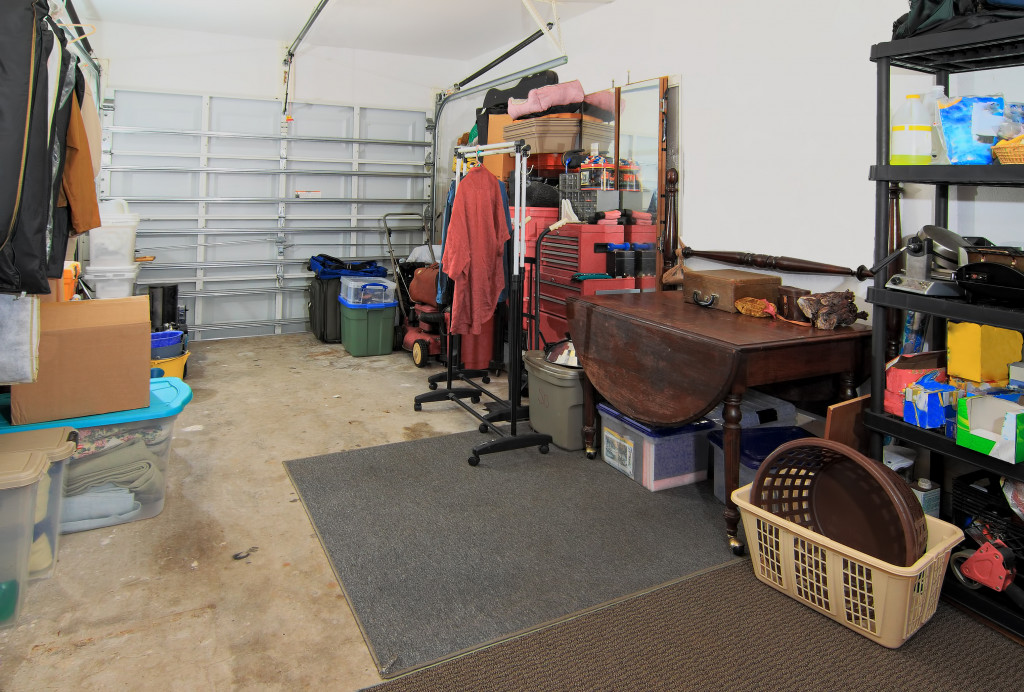- The environment, including the home, significantly impacts stress levels, influenced by clutter and poor lighting.
- Common home stressors include overwhelming clutter, lack of natural light, poor air quality, technology overload, and insufficient personal space.
- Home renovation options to alleviate stress include changing paint colors, creating a home gym, adding indoor plants, and improving soundproofing.
- Clutter can induce guilt and anxiety, but decluttering can alleviate stress and create a more spacious environment.
- Despite its conveniences, excessive technology usage at home can elevate stress, making boundaries and designated no-phone zones essential.
Stress in today’s fast-paced world is a common problem that affects many people. However, have you ever considered that your home could contribute to your stress levels? Many factors within your home can create an unhealthy and stressful living environment. Here’s what you need to know about stress and your environment, why your home contributes to your stress, and renovation options for your home to reduce stress.
The Environment And Stress
Where you are can affect your mood, productivity, and overall well-being. The environment is an essential factor in your day-to-day life. Unsurprisingly, the state of our homes can significantly impact our stress levels.
Your environment includes the physical space around you and the people you interact with. People’s homes are where they spend most of their time, making it crucial to create a stress-free environment. Common environmental factors contributing to stress include clutter, noise, lighting, air quality, and lack of privacy.
Stress can manifest in various ways, such as anxiety, irritability, fatigue, and difficulty concentrating. If you feel stressed out at home more often than not, it may be time to consider changing your living space.
Why Your Home Contributes To Stress
There are several reasons why your home may be causing you stress. Here are some of them:

1. Clutter
One of the most common reasons for stress in your home is clutter. Having too many items in your living space can be overwhelming, making keeping a tidy and organized home challenging. Clutter can also create feelings of guilt, shame, and even anxiety. To help combat this, take some time to declutter your home by purging items that you no longer need or use. This will make your home feel lighter and more spacious and help alleviate some of the stress associated with clutter.
2. Lack of Natural Light
Another factor that can contribute to stress in your home is a lack of natural light. Dimly lit spaces are depressing and can affect your mood and sleep patterns. To help improve your home’s lighting, consider adding more windows or replacing heavy window coverings with lightweight curtains or blinds. Also, try to position furniture in areas where natural light can shine.
3. Poor Air Quality
The air quality in your home can also be a leading cause of stress. Poor ventilation, mold, and dust can contribute to poor air quality, leading to respiratory issues and allergies. To help improve your home’s air quality, ensure that it is well-ventilated by opening windows when possible, cleaning carpets and furniture regularly, and investing in a quality air purifier.
4. Technology Overload
While technology is meant to make your life easier, it can also increase stress levels. With notifications constantly popping up on your phones and computers, it can be difficult to disconnect and wind down. To help combat technology overload, consider designating a no-phone zone in your home, limiting screen time before bed, and turning off notifications during meal times.
5. Lack of Personal Space
Personal space is essential for maintaining mental health and well-being, yet it’s often overlooked in shared living spaces. Whether you live with family, roommates, or a partner, it’s essential to designate an area where you can recharge and unwind. This could be anything from a cozy reading nook to a small outdoor garden. Having a solely dedicated space for you will help promote relaxation and lower stress levels.
Renovation Options to Reduce Stress
If you’ve identified some of these stressors in your home, it may be time to consider renovating. Here are a few renovation options that can help reduce stress:
Change Your Paint
You must have new points to alleviate any stress triggers. This can be in your personal space, home office, or living room, which you typically frequent. Choose calming and soothing colors like blues and greens to promote relaxation. If you don’t have the time to do this, consider hiring a local residential painter to help you. The painter knows the right hues that can help you relax.

Create a Home Gym
Exercise is an excellent way to relieve stress, but not everyone has the time or motivation to go to the gym. Instead, consider converting a spare room or basement into a home gym. Having exercise equipment readily available in your home will eliminate excuses and provide a convenient outlet for stress relief.
Add Indoor Plants
Indoor plants add a touch of greenery to your home and have many benefits, including reducing stress and improving air quality. Studies have shown that having plants in your living space can help lower blood pressure, reduce anxiety, and improve overall well-being. Consider adding low-maintenance indoor plants, such as succulents or peace lilies.
Improve Your Home’s Soundproofing
If noise is a significant stressor in your home, consider investing in soundproofing materials. Soundproofing can help reduce disruptive noises outside or within your living space, promoting a quieter and more peaceful environment. You can also add sound-absorbing elements such as rugs, curtains, or acoustic panels to help reduce noise levels.
Your home should be a place of comfort, relaxation, and refuge from the outside world. It may be time to make changes if it’s consistently causing you stress. By identifying potential stressors within your home and implementing simple renovation options, you can create a peaceful, stress-free living space that promotes overall well-being.
